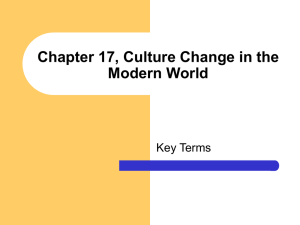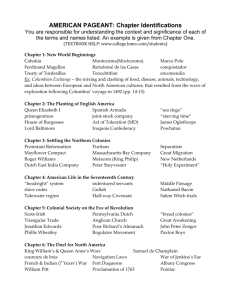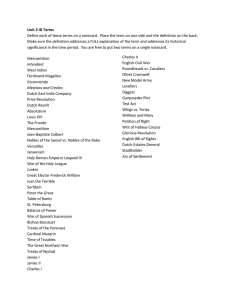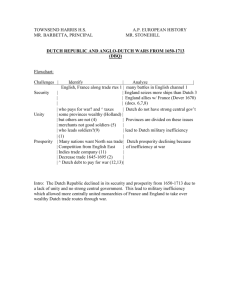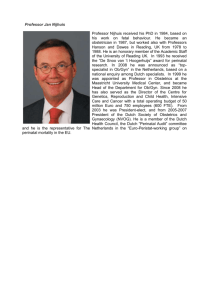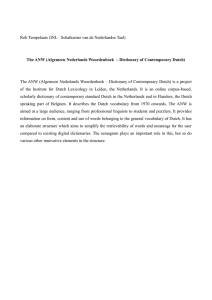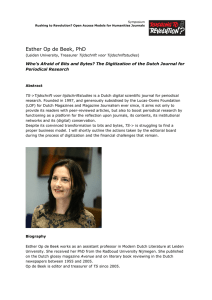DUTCH 40 | www.ucl.ac.uk/gradprospectus/dutch
advertisement
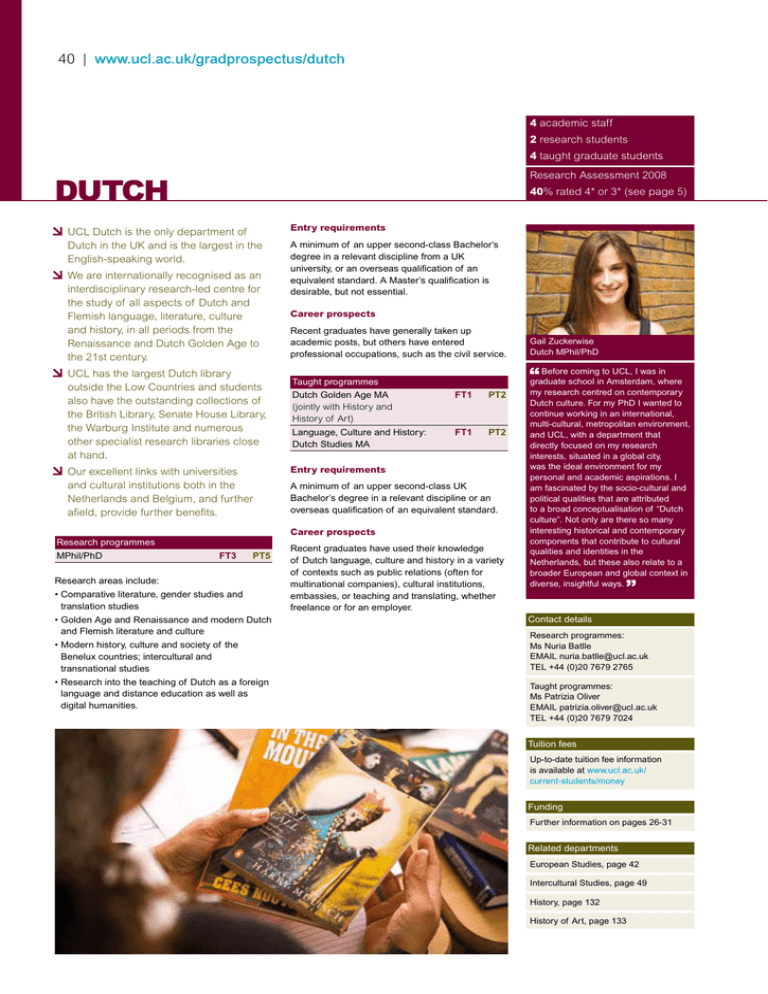
40 | www.ucl.ac.uk/gradprospectus/dutch 4 academic staff 2 research students 4 taught graduate students Research Assessment 2008 DUTCH 40% rated 4* or 3* (see page 5) U CL Dutch is the only department of Dutch in the UK and is the largest in the English-speaking world. We are internationally recognised as an interdisciplinary research-led centre for the study of all aspects of Dutch and Flemish language, literature, culture and history, in all periods from the Renaissance and Dutch Golden Age to the 21st century. UCL has the largest Dutch library outside the Low Countries and students also have the outstanding collections of the British Library, Senate House Library, the Warburg Institute and numerous other specialist research libraries close at hand. Entry requirements A minimum of an upper second-class Bachelor’s degree in a relevant discipline from a UK university, or an overseas qualification of an equivalent standard. A Master’s qualification is desirable, but not essential. Career prospects Recent graduates have generally taken up academic posts, but others have entered professional occupations, such as the civil service. Taught programmes Dutch Golden Age MA (jointly with History and History of Art) FT1 PT2 Language, Culture and History: Dutch Studies MA FT1 PT2 Our excellent links with universities Entry requirements and cultural institutions both in the Netherlands and Belgium, and further afield, provide further benefits. A minimum of an upper second-class UK Bachelor’s degree in a relevant discipline or an overseas qualification of an equivalent standard. Career prospects Research programmes MPhil/PhD FT3 PT5 Research areas include: • Comparative literature, gender studies and translation studies • Golden Age and Renaissance and modern Dutch and Flemish literature and culture • Modern history, culture and society of the Benelux countries; intercultural and transnational studies • Research into the teaching of Dutch as a foreign language and distance education as well as digital humanities. Recent graduates have used their knowledge of Dutch language, culture and history in a variety of contexts such as public relations (often for multinational companies), cultural institutions, embassies, or teaching and translating, whether freelance or for an employer. Gail Zuckerwise Dutch MPhil/PhD Before coming to UCL, I was in graduate school in Amsterdam, where my research centred on contemporary Dutch culture. For my PhD I wanted to continue working in an international, multi-cultural, metropolitan environment, and UCL, with a department that directly focused on my research interests, situated in a global city, was the ideal environment for my personal and academic aspirations. I am fascinated by the socio-cultural and political qualities that are attributed to a broad conceptualisation of “Dutch culture”. Not only are there so many interesting historical and contemporary components that contribute to cultural qualities and identities in the Netherlands, but these also relate to a broader European and global context in diverse, insightful ways. Contact details Research programmes: Ms Nuria Batlle EMAIL nuria.batlle@ucl.ac.uk TEL +44 (0)20 7679 2765 Taught programmes: Ms Patrizia Oliver EMAIL patrizia.oliver@ucl.ac.uk TEL +44 (0)20 7679 7024 Tuition fees Up-to-date tuition fee information is available at www.ucl.ac.uk/ current-students/money Funding Further information on pages 26-31 Related departments European Studies, page 42 Intercultural Studies, page 49 History, page 132 History of Art, page 133
